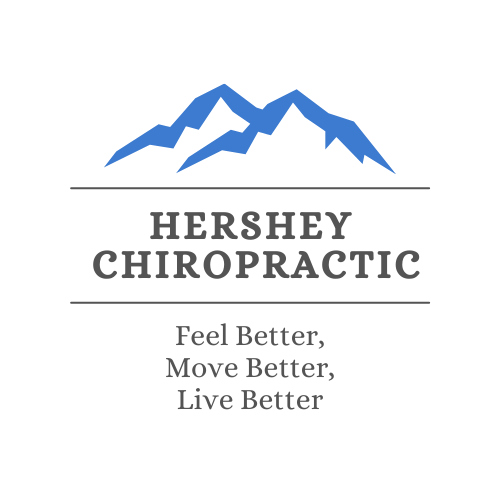
Allergy help
Allergy elimination, an increasingly popular cutting-edge approach for managing allergies in recent years, actively focuses on identifying and addressing the root causes of allergies to provide long-lasting relief. By tackling the underlying factors that trigger allergic reactions, individuals can actively experience significant improvements in their quality of life.
The first step in allergy help involves Allergy elimination, which requires thorough testing to actively pinpoint specific allergens that trigger adverse reactions. This testing goes beyond traditional allergy tests and actively encompasses a comprehensive assessment of both environmental and food allergens. With a precise understanding of these triggers, healthcare professionals can actively develop tailored treatment plans.
One active approach in allergy elimination is desensitization. This entails actively exposing the individual to small, controlled amounts of the allergen over time, gradually increasing the dose to actively build tolerance. This approach actively proves highly effective in reducing the body’s hypersensitivity to allergens, leading to fewer and less severe allergic reactions.
Another proactive method for allergy help is dietary modification. Individuals actively receive guidance to make informed dietary choices that avoid allergenic foods while actively incorporating those that boost the immune system and reduce inflammation. A well-balanced, allergen-free diet can actively alleviate allergy symptoms and improve overall well-being.
Supplementation also plays an active and crucial role in allergy elimination. Healthcare professionals actively and carefully select certain vitamins, minerals, and herbal remedies to support the immune system actively and reduce allergic responses according to the individual’s specific needs.
Active stress reduction techniques are vital in allergy elimination, as stress is known to exacerbate allergic reactions. Healthcare professionals actively incorporate stress management strategies such as mindfulness, meditation, and relaxation exercises into treatment plans to help individuals actively cope with stress and reduce the impact of allergies.
Regular follow-up and active monitoring are essential in the allergy elimination process. This active engagement ensures that the treatment plan remains effective and can be actively adjusted as needed to address any emerging allergy-related issues.
In conclusion, allergy elimination is an active and holistic approach to managing allergies that goes beyond symptom relief. By actively identifying allergens, desensitizing the body, modifying the diet, using supplements, and managing stress, individuals can actively take charge of their allergies and experience a substantial improvement in their quality of life. With ongoing monitoring and active adjustments, this approach actively offers a long-term solution to allergy management.
